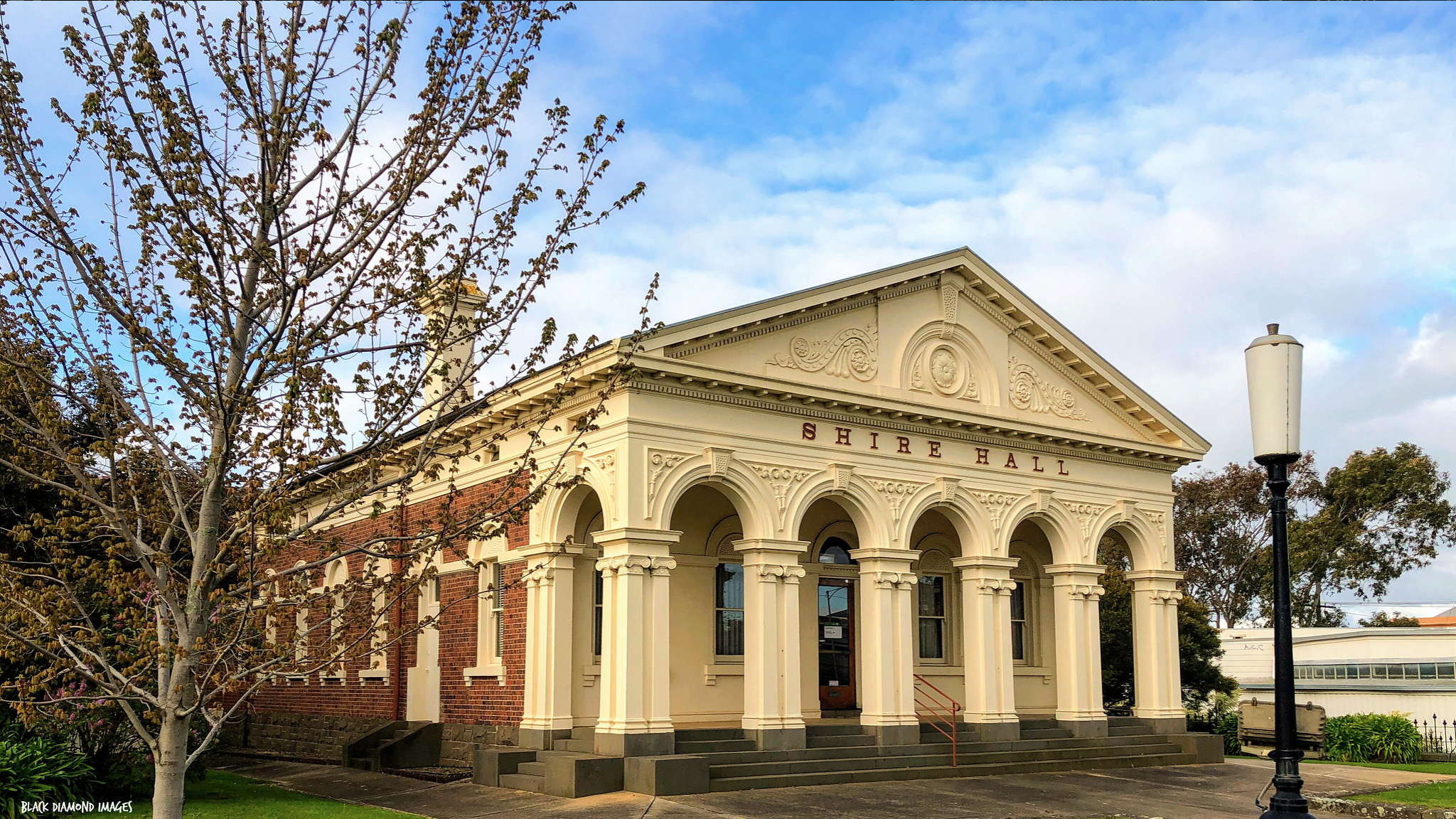Victoria’s Rating System
Victoria’s rating system has created the situation whereby rural ratepayers pay more in rates
as a percentage of the value of their property than ratepayers in metropolitan Melbourne.
What’s more, rural ratepayers receive and have access to fewer services from local
government than ratepayers in the city.
It is the long held belief and concern of the VFF that local government rates derived from
farmland ratepayers are inequitable.
As farm businesses have become increasingly consolidated, the rating burden faced by individual farmers has been compounded. The local government rating system does not accurately capture a farm ratepayer’s capacity to pay, nor the benefits they receive.
The VFF is committed to working to reform Victoria’s local government rating system through the following actions:
- Advocating for a complete overhaul to Victoria’s rating system.
- Running local campaigns.
- Conducting research and analysis of local government rates and observing trends.
As a result of the VFF’s advocacy prior to the 2018 Victorian State Election, the Victorian Government committed to undertaking an independent review of Victoria’s rating system. Our submission to the review focused on the inequity of Victoria’s rating system and put forward a plan to overhaul the system. You can read our submission here (PDF).
VFF Local Government Rates & Responsibilities Policy
Fighting for Fair Rates
The VFF is leading a standing campaign to fight for fair farm rates in every rural and regional local government area. Click here to stay up to date with the latest updates.
Our Plan for Fair Rates
In order to ease the rate burden placed on Victoria’s farming community, the VFF believes we must address the fundamental inequity that exists between all rural and metropolitan ratepayers.
Our plan for fair rates will ensure equity for all Victorian ratepayers, delivering a fair go for farmers and rural and regional communities.
Victoria should move to a local government funding model where the state sets a general rate for all property and redistribute funds collected from rates on the basis of equity and need.
This Equalised Funding Model will provide a more sustainable funding base for all local government and will ensure all Victorians, no matter where they live, receive quality and reliable infrastructure and services.
In addition to an Equalised Funding Model to produce equitable outcomes for all ratepayers, the VFF recommends the state government adopt the following policies to help farmers succeed in a competitive and unrestricted economic environment
Minimum & Maximum Rates
The Local Government Act should be amended to allow councils to apply minimum and maximum rates (by property class). We suggest the Act define a maximum total amount that a council can raise from minimum rates at 50% of general rates.
Differential Rates
The Act should be amended to require a council to use differential rates (including compulsory differential rates for farmland) to establish a fair and equitable distribution of the rate burden for each class of land and that the rate burden for each class be maintained for at least four years.
Differential rates should only be available to commercial farm businesses.
Valuation Averaging
Valuation averaging should be introduced for all councils in Victoria. Under this system, all councils would strike rates based on a moving average valuation calculated for each property over the past 5 years. The actual valuations returned each year by the Valuer-General would remain the same, but the valuation basis for the rate strike would be changed.
Separate House & Curtilage
The house and curtilage of farms should be charged a municipal rate similar to that of all other homes in the local government area. Farmland should be separated into a separate assessment with councils having the ability to rate land at the farm differential rate – or exempt the farm land from rates overall.
The following Fact Sheets are available:
- Local Government Differential Rating Fact Sheet (PDF)
- Valuation Appeals (PDF)
- Common arguments and rebuttals about agricultural land and rates (PDF)
- Fair Go Rates System (PDF)
Further Information
For further information about the VFF’s local government rates policy and advocacy, VFF members can call the VFF Policy Team on 1300 882 833 or email [email protected].
